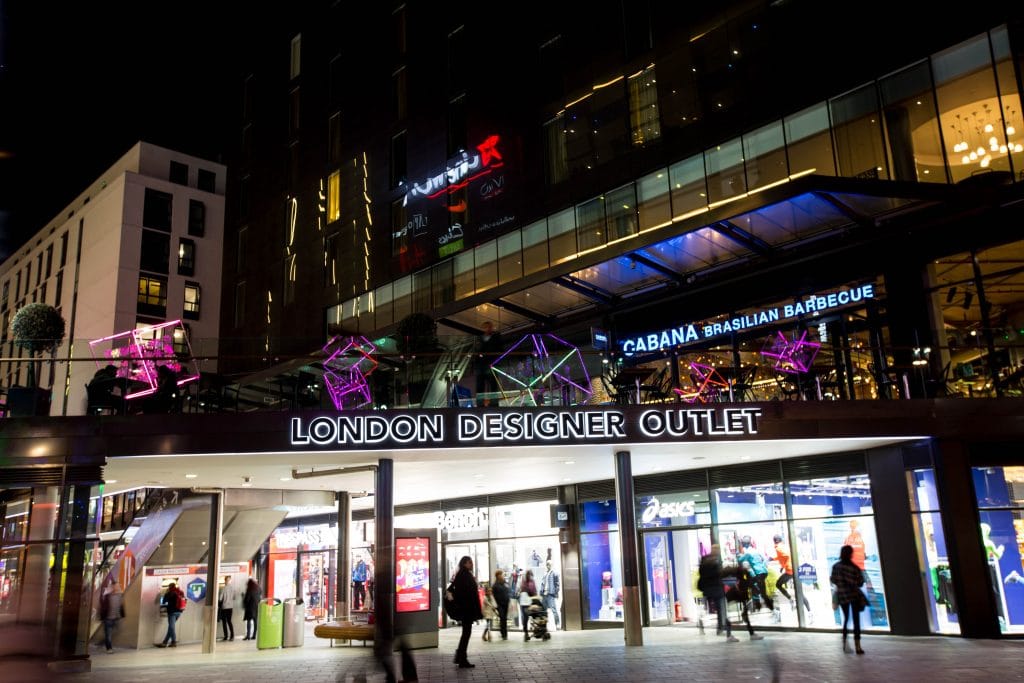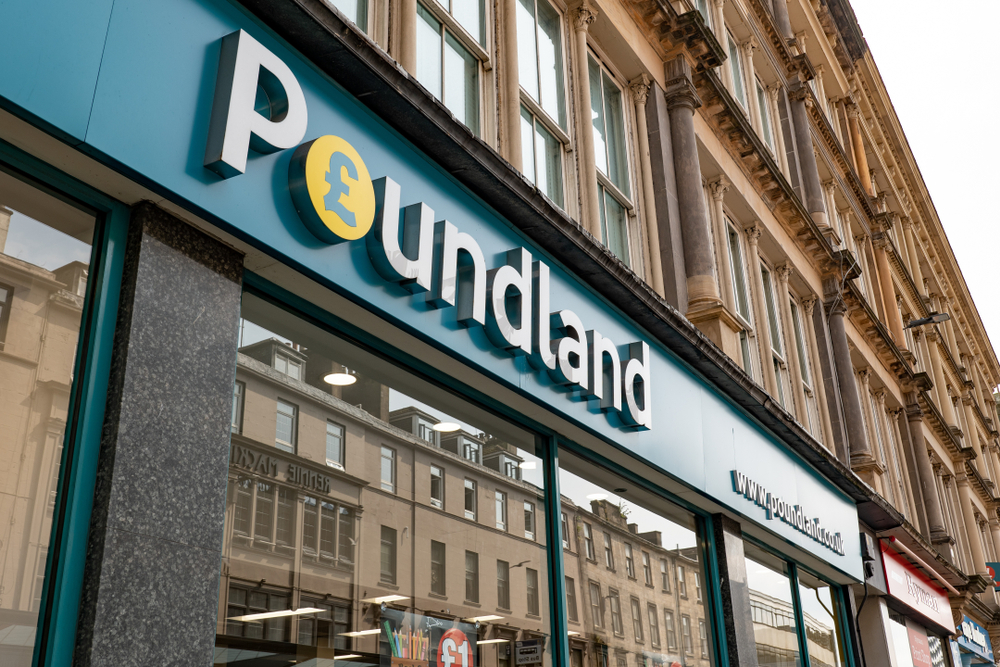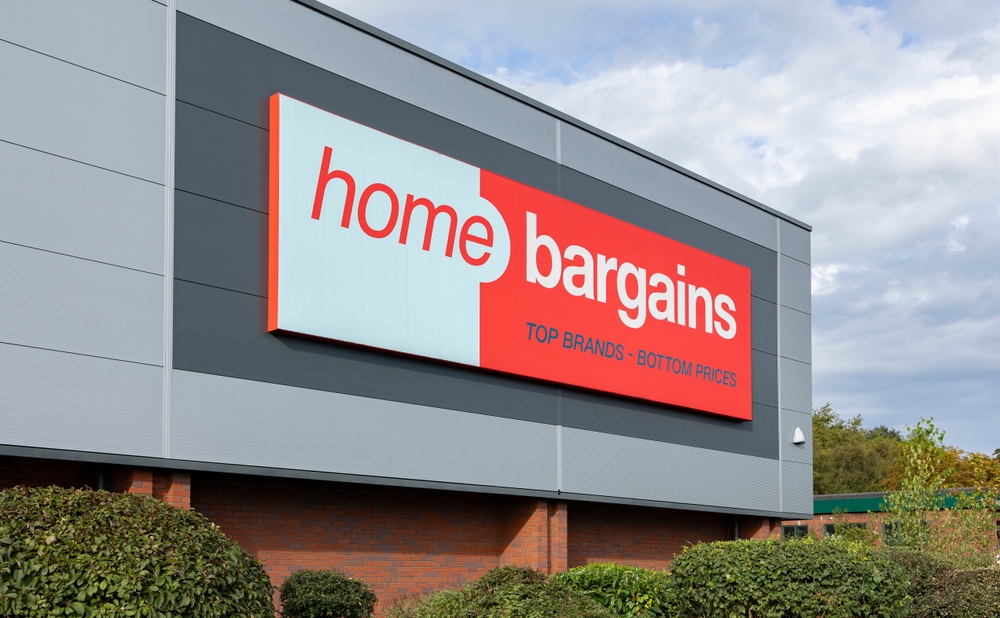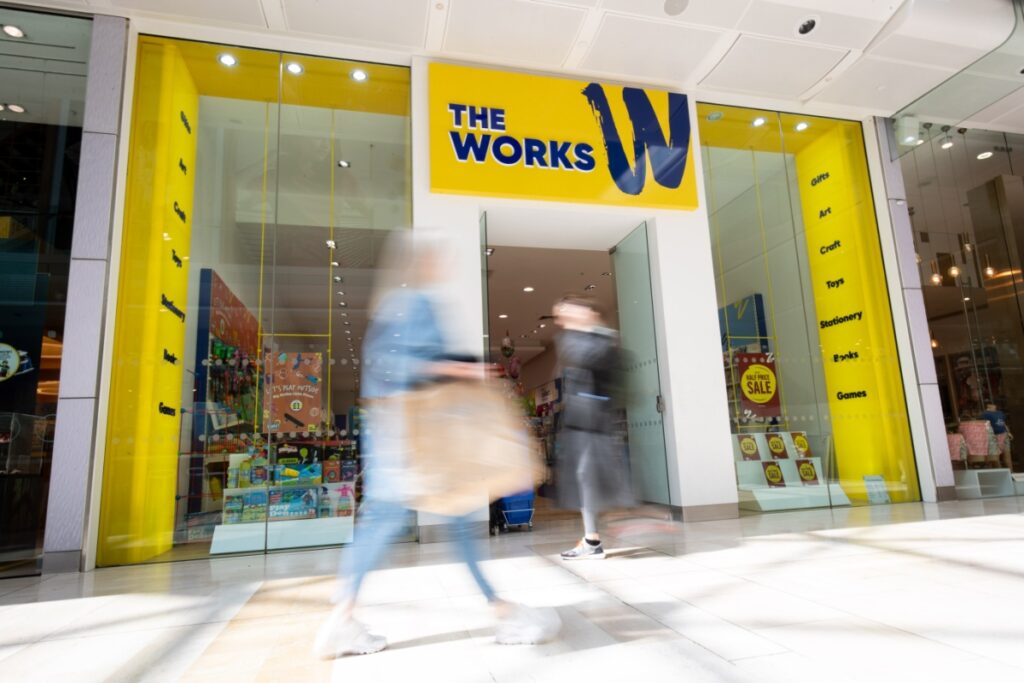The UK retail landscape has innumerable facets, from high-profile multi-million pound flagship stores to independent online start-ups making a name for themselves.
Each of these play an integral part in the retail eco-system, but one that is often overlooked is the outlet store sector.
Often situated far away from spaces associated with traditional retail and often sidelined for selling surplus or outdated ranges, outlet centres have avoided the spotlight since the concept was imported here from the US 20 years ago.
However, this could all be about to change. As new urban outlet centres continue to emerge and it becomes more fashionable to bargain shop, the sector could stand to cash in on the coming squeeze on consumer spend.
Asset management firm Realm, which specialises in outlet centres, saw sales at its outlet store portfolio shoot up 16 per cent in 2016, alongside a footfall boost of five per cent.
“For Realm, obviously the outlet sector is hugely important. It’s niche and we‘re specialist and it‘s what we do,” Realm‘s general manager Colin Brooks told the Retail Gazette.
“In overall retail terms in the UK market there are probably around 30 outlet centres of any size and importance. We‘re actually talking about a sector that in terms of retail sales is probably no more than one to two per cent retail sales in the total UK consumer market.
“But clearly for the retailers it‘s a significantly important avenue to clear surplus and or second stock. And more and more as the market has matured over the last 20 years, it‘s becoming a proper business outlet for this type of stock.
READ MORE: The rise of pop-up shops and what it means for retail
“The retailers see it very much as an important part to a turn their surplus stock into cash which obviously makes sense for them in a business perspective.
“They get brand protection so their brand is continued to be retailed in a quality retail environment by their own staff, whereas 20 years ago you might find some of their stuff appearing in local markets or other rag trades.”
London Designer Outlet (LDO) is a prime example of the new wave of outlet centres, situated next to Wembley Stadium inside Greater London, with stores representing some of the country‘s biggest brands.
A key component to LDO‘s success has been its focus on tourism. LDO‘s general manager Sue Shepherd explained what levels they go to to cater for foreign shoppers: “From a standing start when we opened at the end of 2013 we really started to get serious about tourism halfway through 2014 and between then and now there‘s been huge growth.
“So much so that we have most of our mall guides and signage in English and Mandarin. We‘ll probably have something like six per cent of our total sales this year will come from tax free shopping alone.
“We‘ve concentrated a lot on tourism in the last two years and we now have a separate team here now working with tourism companies, driving in visitors mostly from China, US and the far east but increasingly from Europe as well especially after Brexit.
“It has become even more attractive to do outlet shopping in the UK.”
“It doesn‘t sound like rocket science but its fundamentally different to the way a shopping centre would operate.”
Although LDO clearly has advantages over outlet centres positioned outside of high density areas for attracting tourists, there is an intrinsic quality of the outlet store model which puts traditional retailers on the back foot.
Brooks explained that the key difference between outlet centres and traditional shopping centres is that their rents are turnover-based, meaning there is a completely different relationship between the retailer and the leaseholder.
“There‘s absolutely full alignment between the owner of the centre, the asset manager of the centre and the retailer,” he said.
“Everyone that works in and around the asset are all aligned to one thing: to help drive the retailer‘s sales, because the owner of the asset derives income returns from the sales that are driven through the stores.
“It doesn‘t sound like rocket science but it’s fundamentally different to the way a shopping centre would operate.
“What that means is the asset management businesses such as ourselves actually run a slightly different business model.
READ MORE: From shops to showrooms: The changing face of the UK‘s shop floors
“All of the deals we do with the retailers we do on a direct basis with the retailers rather than through an agent. Even further than that a lot of our leasing team are ex-retailers. They need to understand the language of retail.”
This alignment places outlet store retailers at a significant advantage over traditional retailers. Not only do they have the full cooperation of their landlords in making changes that drive footfall and sales, but they are able to organise events at the locations on a holistic level.
In an environment where experience is becoming a vital part of the retail landscape, especially in attracting tourists, this is a trait outlet stores like LDO are utilising to their advantage already.
“We have a very close relationship with the landlord and they are on site. The whole piece about experiential retailing I think is an interesting one,” Shepherd said.
“Increasingly people want a kind of shopping, dining, leisure, experience when they come out in a quality environment.
“So, our marketing team work hard to put together events throughout the year that give people a fairly compelling reason to want to come here as appose to going to Westfield or Brent Cross up the road.”
Although selling premium brands at discounted prices is great for shoppers, it has the potential to drive shoppers away from full price stores cannibalising profits.
Brooks believes that in recent years retailers have become more open to the outlet stores, and have begun to embrace the benefits they hold as an alternative revenue stream.
“I think the market has evolved significantly over the last 20–25 years,” he said.
“When the Americans first brought the concept over to the UK, there was significant concern from a large number of high street retailers that if they opened outlet stores anywhere near their high street stores there would be significant cannibalisation and it would dilute full price sales.
“You can buy your champagne in Lidl and its considered cool now, whereas a few years ago you probably wouldn‘t have told anybody you were doing that.”
“Which is why 25 years ago most of the original outlet centres were developed out of town in locations on the motorway.
“What we‘ve seen over the last five years has proven that the retailers have matured in terms of their knowledge of how outlets work, and LDO is one of the forerunners of what we call the new breed of urban outlet centres. Retailers are now seeing them as a positive outlet and revenue generation opportunity.
“The higher end brands can access different markers by selling their brand at a discounted rate to customers who might not otherwise seek out their brand because they see it as too expensive.
“They do see it as an avenue into slightly less well-off customers or maybe price savvy customers and they see that as an opportunity to sell their brand.”
This “price-savvy” consumer has been key in the rise of the outlet centre in recent years.
Shepherd thinks that bargain shopping has become fashionable, and is attracting many younger, more fashion-conscious shoppers.
“I think there is an element as well that post-2007/2008 it’s been seen as increasingly savvy to shop for bargains and you don‘t have to pay full price for Nike trainers anymore,” she said.
“Most of our shops don‘t sell seconds. They‘ll sell made-for-outlet or they‘ll sell residual lines from prior seasons. It‘s what we call the Lidl effect.
“You can buy your champagne in Lidl and its considered cool now, whereas a few years ago you probably wouldn‘t have told anybody you were doing that.
“Particularly here where we‘ve got a real specialism in sports footwear and the whole athleisure trend. We‘re finding a much younger more urban millennial customer.”
Click here to sign up to Retail Gazette‘s free daily email newsletter


















